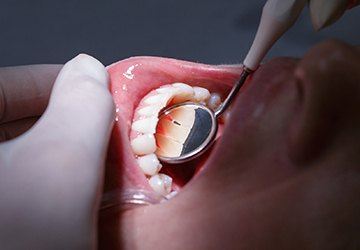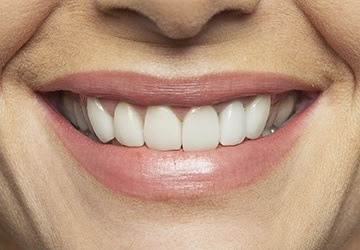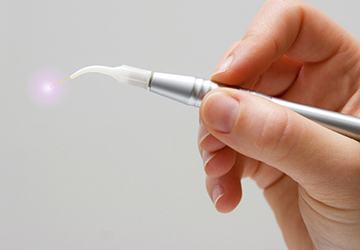Gum Disease Treatment in Melbourne
Healthy gums are an important aspect of every smile, but unfortunately, the Centers for Disease Control estimates that nearly half of American adults over the age of 35 are dealing with gum disease to some extent. If you are experiencing bleeding, tender gums, chronic bad breath, gum recession, or loose teeth, you may need periodontal therapy. Keep reading to find out more about the options available to you from Dental Excellence Melbourne.
Scaling & Root Planing

For moderate levels of gum disease, scaling and root planing is the gold standard of treatment. We use special tools to clean above and below the gum line, removing plaque and bacteria buildup and smoothing out the teeth’s roots to prevent reinfection. Scaling and root planing is a noninvasive treatment that can be completed over the course of three to four visits to our dental office. It is often combined with antibiotic therapy as well (more on that below).
Chao Pinhole Technique

Gum disease often results in gum recession, or the disintegration of the periodontal tissue that can leave the teeth’s roots exposed. Gum recession increases tooth sensitivity and may leave you more vulnerable to tooth decay or loose teeth. Traditional gum grafting procedures help, but they require a scalpel and sutures — but the Chao Pinhole Technique provides a better, less invasive alternative. Using a special tool, your dentist can gently manipulate the remaining gum tissue to replace what has been lost.
Soft Tissue Laser Dentistry

Using the latest technology is important for the successful and efficient treatment of gum disease. For this, the soft tissue laser is a very helpful tool. It offers another method for zapping away at diseased periodontal tissue without the need for traditional surgical methods. With the soft tissue laser, your dentist can remove the areas of infection and leave just what needs to remain. Because the procedure is less invasive, recovery is often faster with the soft tissue laser as well.
Antibiotic Therapy

Gum disease is a chronic infection that requires persistent treatment. Antibiotic therapy can be used to help kill the remaining bacteria after scaling and root planing has been performed — removing the bad bacteria but leaving behind what is necessary to help you enjoy good oral health. Your dentist may choose to apply the antibiotic directly to the infection or prescribe it as a medication that you take orally. Follow instructions as directed to ensure that you receive the full benefit from antibiotic therapy.
